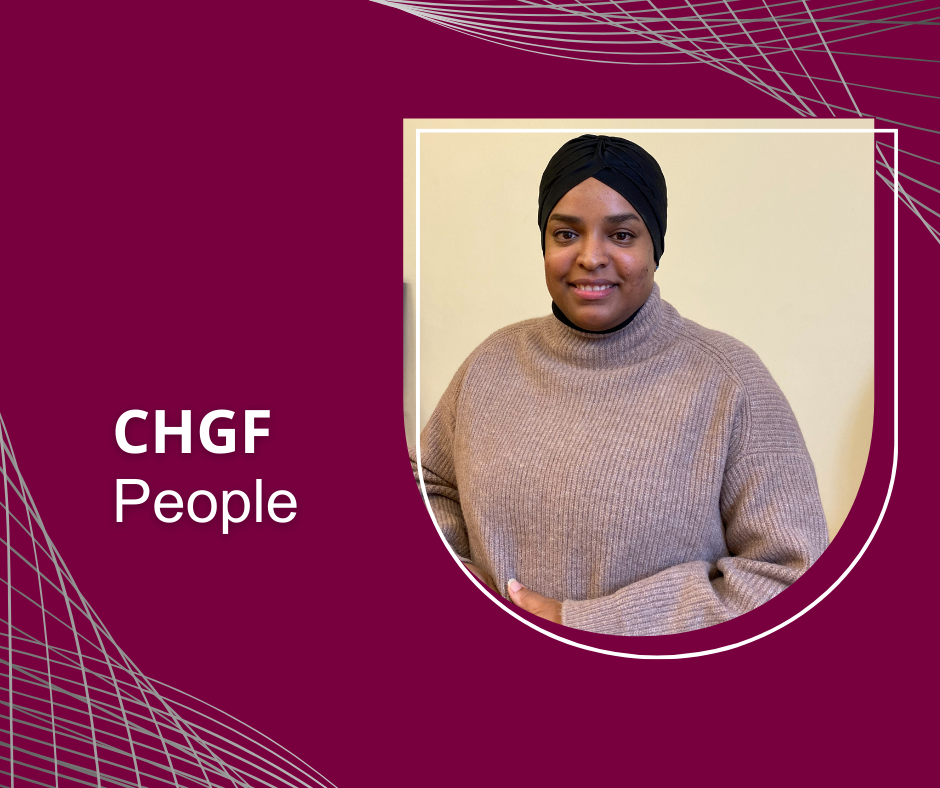
Dr Maab Elsheikh is a 36-year-old Sudanese born and raised in Jeddah, Saudi Arabia. She recently graduated in dentistry and holds a PhD from Kyushu University, Japan, specialising in biomaterials. She worked as a dentist in Sudan and Saudi Arabia for three years. Since October 2024, she has been working as a postdoctoral fellow in the Faculty of Chemistry and Geosciences, Vilnius University. She is happy and excited to start a new phase of her scientific career in Lithuania. She plans to further her knowledge, publish scientific papers, participate in national and international conferences, enjoy the sights of Vilnius city and go on a journey to meet new and interesting people. Interview with a scientist below.
How and when did you realize that you wanted to build your future with chemical sciences?
So, basically, I think my interest in chemistry began during high school. I wasn't very good at it initially, and I didn't understand even the most basic chemical equations. However, with the help of one of my teachers, I gradually learned the subject step by step. Eventually, I found chemistry to be quite interesting. It's like when you think something is too difficult to understand. Sometimes, you're surprised by your own ability to grasp it. I was amazed by how fascinating chemistry can be, especially when you realize that it's all about studying the matter around us.
Could you tell us how you decided to study dentistry in Japan?
My mother was a significant motivator for me. When I graduated with my bachelor's degree, she encouraged me to pursue further studies in Japan because of its advanced technology and excellent education system. In many African and Middle Eastern countries, there's a positive perception of Japan. My mother inspired me to explore my interests. Back then, I was fascinated by dental materials. This field is somewhat related to chemistry and areas like tissue engineering and regeneration. I applied to study this subject and was fortunate enough to be accepted.
You worked as a dentist in Sudan and Saudi Arabia for 3 years, how did you decide to start a new scientific path in Lithuania?
I know some people might think it's a completely different path, considering my previous experience as a dentist. But I've always had a deep-seated curiosity about the world around me. As a dentist, I found immense satisfaction in helping patients alleviate their pain and improve their oral health. However, I also felt a yearning to explore the underlying scientific principles that govern these processes. I believe that scientific research offers a unique opportunity to delve into the unknown, to uncover new knowledge, and to contribute to the advancement of human understanding. The prospect of being at the forefront of scientific discovery, of making a tangible impact on the world, is incredibly motivating to me. That's why I decided to transition from dentistry to research, and I chose Lithuania as a place where I could pursue my academic goals and contribute to the vibrant scientific community here.
How did you decide to choose the Faculty of Chemistry and Geosciences at Vilnius University?
My decision to pursue research at this faculty can be traced back to my encounter with Professor Aivaras Kareiva during my PhD studies in Japan. Although our interaction was brief, I was deeply impressed by his passion for his work and his innovative approach to research. I continued to follow his progress, and I was particularly intrigued by the unique projects he was undertaking at this faculty. While his research may not have been directly aligned with my previous work, I saw it as an opportunity to expand my knowledge and explore new avenues of inquiry. My lifelong curiosity and desire to understand the fundamental principles of chemistry drove me to seek out a research environment that would challenge and inspire me. After careful consideration, I chose this faculty because of its strong reputation for scientific excellence, its commitment to interdisciplinary research, and its location in Vilnius, a vibrant city with a rich cultural heritage.
So for the end of the interview, I want to ask what are your future plans for research and your academic career?
I have both short-term and long-term goals for my postdoctoral research. In the short term, I aim to learn from my colleagues, including senior researchers and PhD students. I believe that we can all benefit from each other's knowledge and experience, regardless of our academic achievements. I want to advance my skills, publish numerous papers and articles, and actively participate in conferences. I also seek to collaborate with researchers both in Vilnius and internationally. My long-term goal is to make a significant contribution to society through my research. I hope to help address global challenges and improve the lives of people in my home country, where research infrastructure is limited. I envision a future where my work can have a positive impact on communities around the world.
